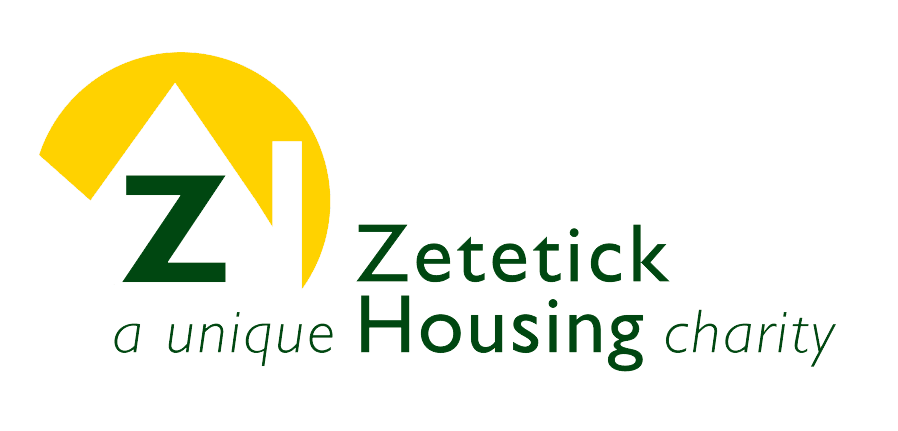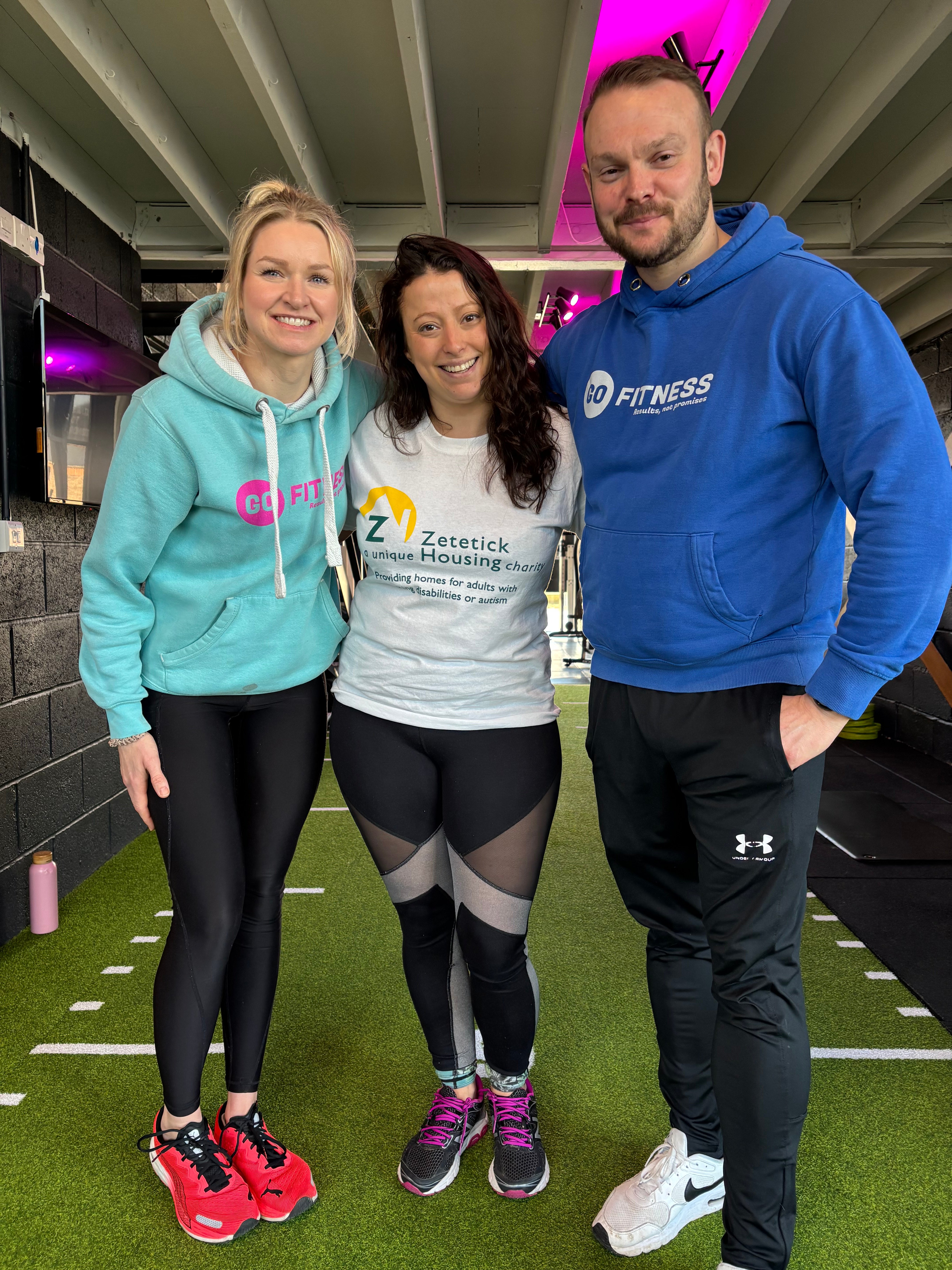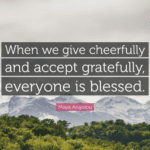Table of Contents
What is a learning disability?
Learning disabilities are a reduced intellectual ability and difficulty with everyday activities, such as household tasks, socialising, managing money, or personal care. They affect the way a person learns new things throughout their life.
Learning disabilities are different for everyone and can co-occur with other conditions like autism or mental health issues. Tailoring the support given to people living with a learning disability can help perform essential life skills that are necessary to function in the home and society.
Independent living with support from Zetetick
Zetetick Housing charity provides specialised supported living for adults with learning disabilities, autism, or mental health issues. With our service, our tenants can live independently in their own home with the right level of support they need. This empowers our tenants and helps them live a meaningful life within the community.
With independence comes responsibilities, such as household tasks, which can often feel daunting or confusing to understand for someone with learning disabilities. However, there are many resources available and small changes that can be made to the home in order to minimise these difficulties. Keep reading to find out how you can help!
Living with a learning disability
Home design and layout ideas

The world can be an overwhelming environment for people with autism to navigate because of sensory overload, for example from sounds, lighting, patterns and textures, smells, and taste. Autism can make it difficult to ignore this sensory information which may have adverse effects such as anxiety or fear.
A home should provide a sense of escapism from this challenging environment, being a relaxing space that remains functional so individuals can carry out household tasks with ease. There are several home modifications to create a comfortable living space, for example use lighting that is similar to natural lighting (look for options with a colour rendering index (CRI) as close to 100 as possible), decorate with calming and muted colours, install storage solutions to minimise clutter, use noise-dampening furnishings and add plants to bring the outside in.
For more sensory-friendly home ideas, click here.
Cooking tips and resources
Many adults with autism struggle with food and cooking because of sensory stimuli, sensitivity to change, and a preference for a limited selection of ingredients, all of which can lead to lower levels of nutrition. Also, cooking is an activity that derives a sense of accomplishment and contributes to a happier lifestyle.
Below are resources available to people with learning disabilities that make cooking and recipes more accessible.
The NHS provides ‘Cook and Eat’ easy read books. These recipes include step-by-step instructions with pictures of the ingredients, utensils, and timings so that the individual can focus on one task at a time without feeling overwhelmed. These symbol-supported recipe books also include steps usually not mentioned, such as washing hands or serving food.
United Response is a charity that supports people with learning disabilities, autism, and mental health needs. One way they do this is with their CookABILITY video series to depict step-by-step instructions for simple and healthy meals to cook, making it clear and easy to follow. Watch the series on YouTube here.
Visual supports for other situations
Visual supports are a communication tool that can be used in most situations to help people with learning disabilities or autism. They provide structure and routine, improve understanding, avoid frustration, and encourage independence and confidence in the task. Examples include photographs, symbols, or drawings.
To keep the house clean and tidy, labelling boxes and drawers with words and pictures of the objects to be stored makes it easier for people to understand where to place things or find things. This organised system can be applied to any room in the house to minimise the stress of clutter and losing items.
Aaaand relax
Here at Zetetick we want to make sure that adults living with a learning disability are given the highest quality housing and support to live independently. This is why we put our BEDROCK values at the heart of what we do.
We hope that with these tips, household tasks for many people living independently will be made easier and their home can be a comfortable and relaxing space for all.
Want to find out a bit more of what we do? Take a look at some more of our articles:






 Boost Your Estate Agency: Join Hike4Homes 2025-Show You Care
Boost Your Estate Agency: Join Hike4Homes 2025-Show You Care Giving: experience the joy of giving for free
Giving: experience the joy of giving for free Charity Donations | 3 reasons for bountiful giving
Charity Donations | 3 reasons for bountiful giving Life partners - Rosie's story
Life partners - Rosie's story Meet Zetetick trustees - An interview with Natasha
Meet Zetetick trustees - An interview with Natasha